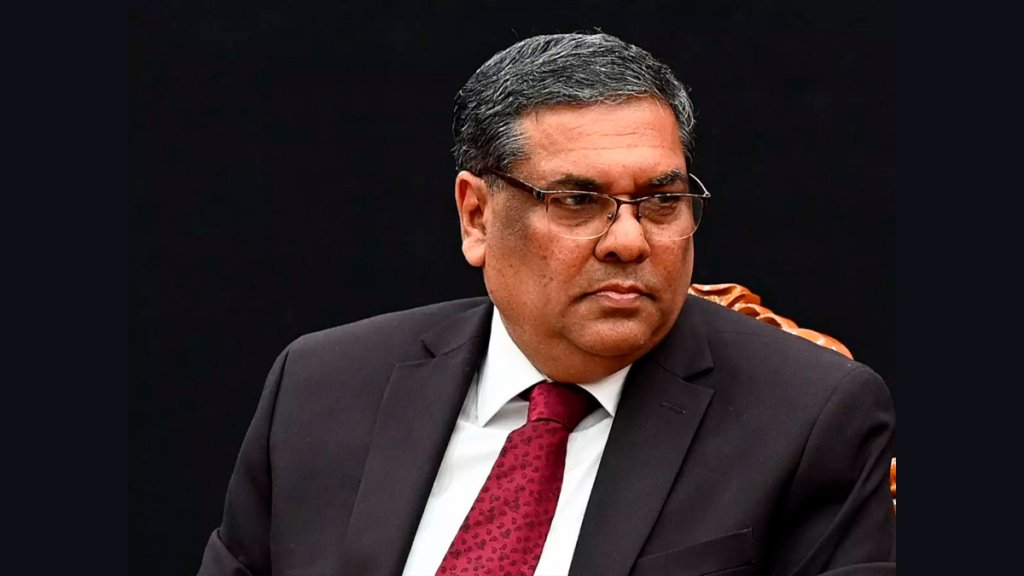Chief Justice D.Y. Chandrachud’s retirement on November 10 has led to the appointment of Justice Sanjiv Khanna as the next Chief Justice of India, who will take his oath on November 11, 2024. Justice Khanna’s tenure, though short, will last a little over six months until his retirement on May 13, 2025.
Law Minister Arjun Ram Meghwal made the announcement on Platform X, citing the Hon’ble President of India’s decision after consulting with the current Chief Justice.
Justice Sanjiv Khanna began his legal career in 1983, registering with the Delhi Bar Council. Initially practicing in the Tis Hazari district courts, he went on to work in the Delhi High Court, gaining extensive experience across a wide range of legal fields, including constitutional, commercial, and criminal law. Over the years, he developed a reputation as a skilled litigator and later served as senior standing counsel for the Income Tax Department. His judicial career began with his appointment as an additional judge of the Delhi High Court in 2005, a position made permanent in 2006.
Key Rulings and Legal Stances
Justice Khanna has presided over significant cases and delivered several high-profile judgments, often emphasizing democratic principles, judicial independence, and rights.
- Bail for Arvind Kejriwal: In a notable decision, Justice Khanna granted interim bail to former Delhi Chief Minister Arvind Kejriwal, allowing him to campaign during the Lok Sabha elections. His stance underscored his commitment to democratic processes and participation.
- Views on bail in PMLA cases: In reviewing cases under the Prevention of Money Laundering Act (PMLA), Justice Khanna has highlighted the importance of timely trial proceedings, arguing that delays in such cases could serve as valid grounds for granting bail. This perspective has shaped ongoing discussions around case management in India’s criminal justice system.
- VVPAT Verification Request: Justice Khanna led the bench that dismissed a request for 100% VVPAT verification of votes cast in electronic voting machines (EVMs), affirming the Election Commission of India’s established measures to maintain electoral integrity. The April 2024 decision was a pivotal moment, reinforcing faith in the ECI’s procedures while balancing security concerns with procedural efficiency.
- Electoral Bond Scheme Ruling: As part of a five-judge bench, Justice Khanna contributed to the decision that declared the electoral bond scheme unconstitutional. People have hailed the judgment as a critical step toward enhancing transparency in political funding.
- Abrogation of Article 370: Justice Khanna was among the judges on the bench who upheld the abrogation of Article 370, affirming the government’s decision to revoke the special status of Jammu and Kashmir.The ruling addressed significant legal and constitutional questions about the extent of central powers and state autonomy.
